On May 18, 1896, the Supreme Court’s Plessy v. Ferguson decision upheld the legality of racial segregation in America. Plessy was later overturned, and it holds a controversial place in the Court’s legacy.
Legal experts and historians have relegated Plessy to the “dustbin of history.” Back in 2009, journalist David Savage, writing for the ABA Journal, looked at how liberals, moderates, and conservatives viewed controversial Supreme Court cases. Depending on ideology, cases involving the outcome of the 2000 presidential election, abortion, marijuana usage, eminent domain, campaign contributions, and Social Security were on the “worst-case” lists, Savage said.
But a special place on the worst cases list was reserved for what Savage called “crossover” cases.
“Historians and court scholars agree on a pair of 19th-century opinions: Dred Scott v. Sandford, the 1857 ruling that upheld slavery even in the free states, and Plessy v. Ferguson in 1896, which condoned segregation as ‘separate but equal.’ The World War II decision Korematsu v. United States (1944) is usually cited as well,” Savage said.
In the Plessy case, a man named Homer Plessy rode in a railroad car reserved for whites only, which was prohibited by Louisiana state law. Plessy looked white but was in fact one-eighth Black. He was arrested, as intended because he purposely wanted to test the law. Plessy claimed the Louisiana law separating Blacks violated the Equal Protection Clause of the 14th Amendment to the U.S. Constitution.
The Supreme Court decided by a 7-1 margin that “separate but equal” public facilities could be provided to different racial groups.
In his majority opinion, Justice Henry Billings Brown pointed to schools as an example of the legality of segregation.
“The most common instance of this is connected with the establishment of separate schools for white and colored children, which has been held to be a valid exercise of the legislative power even by courts of States where the political rights of the colored race have been longest and most earnestly enforced,” he said.
Brown added the telling remarks that have characterized the Court’s infamous decision since.
“The argument also assumes that social prejudice may be overcome by legislation, and that equal rights cannot be secured except by an enforced commingling of the two races,” Brown said. “If the civil and political rights of both races be equal, one cannot be inferior to the other civilly or politically. If one race be inferior to the other socially, the Constitution of the United States cannot put them upon the same plane.”
The lone dissenter, Justice John Marshall Harlan, wrote, “In my opinion, the judgment this day rendered will, in time, prove to be quite as pernicious as the decision made by this tribunal in the Dred Scott Case” (referencing the controversial 1857 decision about slavery).
“Our Constitution is color-blind, and neither knows nor tolerates classes among citizens,” he added.
Nearly 58 years later, the decision of Brown v. Board of Education of Topeka, issued on May 17, 1954, overturned the Plessy decision.
Chief Justice Earl Warren, writing for a unanimous Brown court in 1954, “We conclude that in the field of public education the doctrine of ‘separate but equal’ has no place. Separate educational facilities are inherently unequal.” The Court said the defendants were “deprived of the equal protection of the laws guaranteed by the Fourteenth Amendment.”

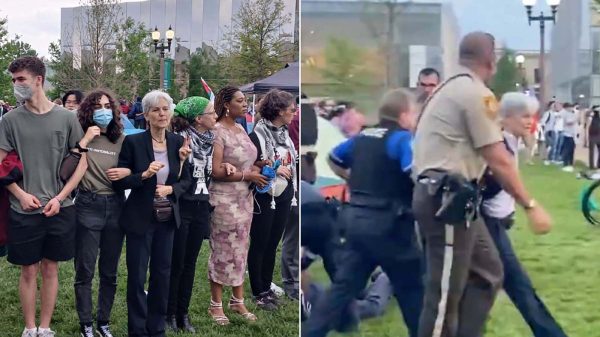
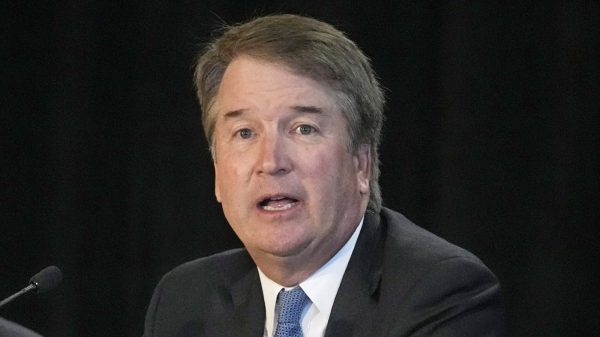
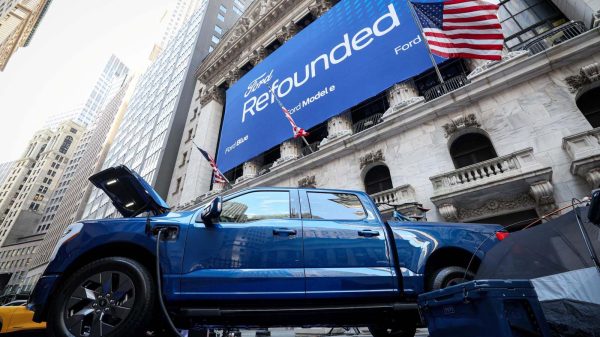

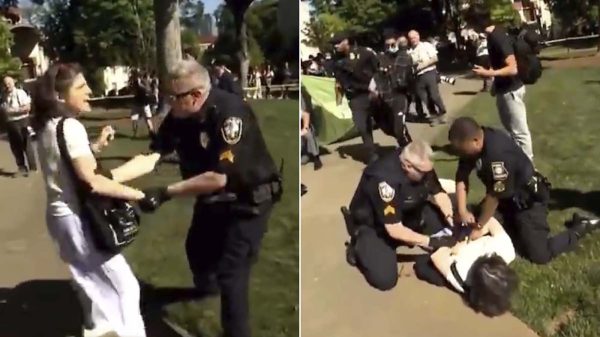
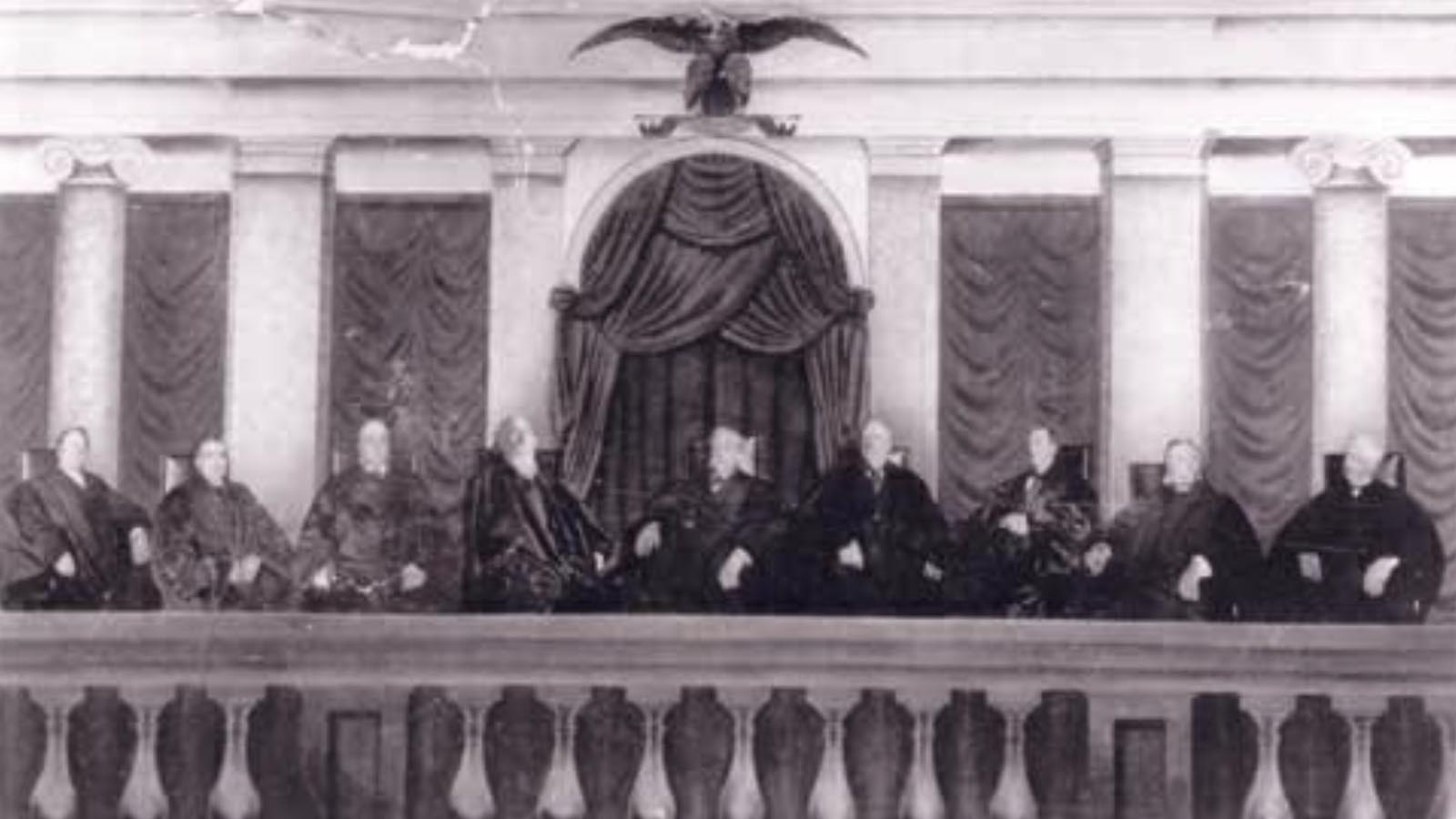






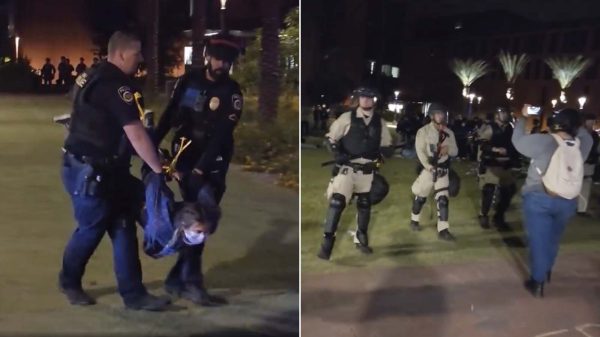
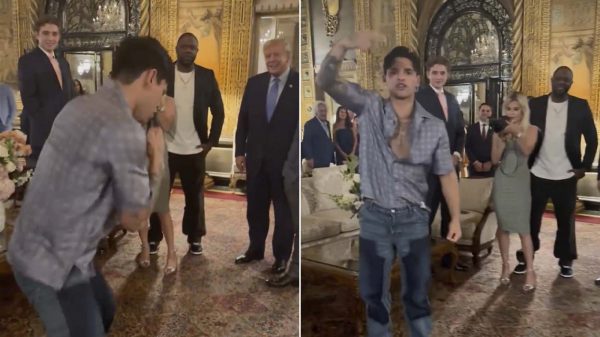

Obviously Not, now the minorities all have Seperate But Equal, They have their own; Networks, Radio Stations, Awards Ceremonies, Colleges, College Courses & Clubs, just to name a few. Further, they are now demanding much more “Minority Only” items.
“legality of racial segregation”?
Right. Dangerous, wild animals must be kept separately of humans.
Google search: “fbi table 43” and read statistics of VIOLENT CRIME.